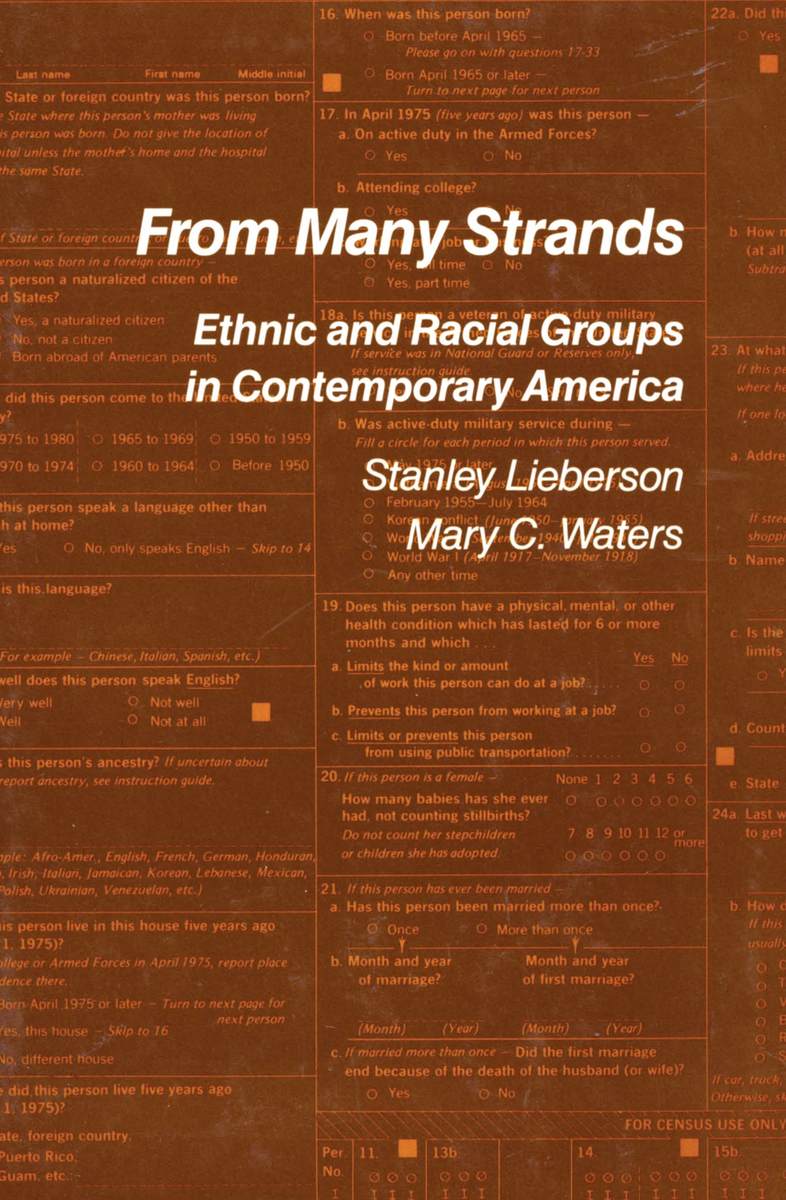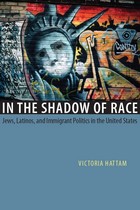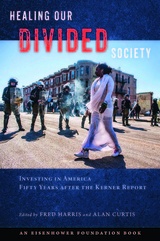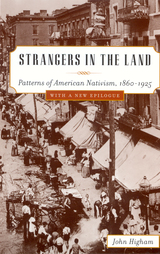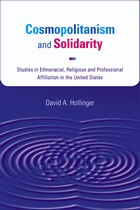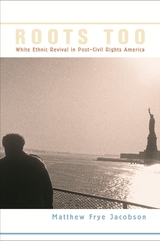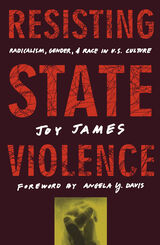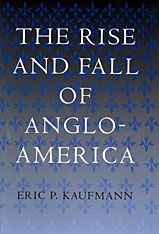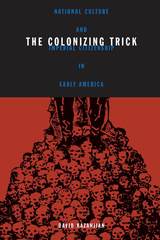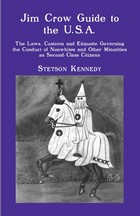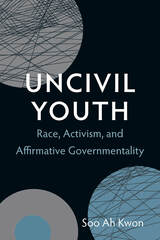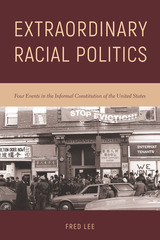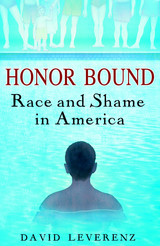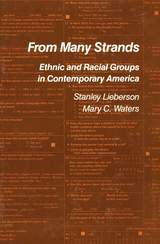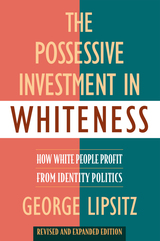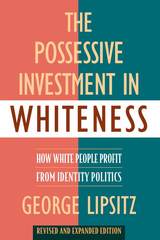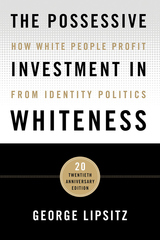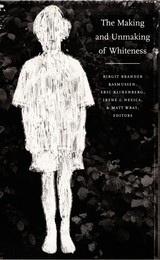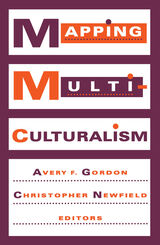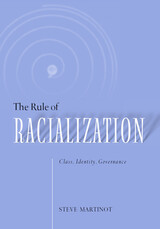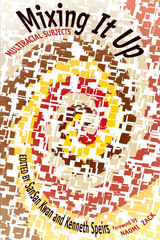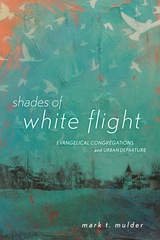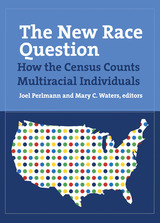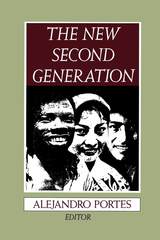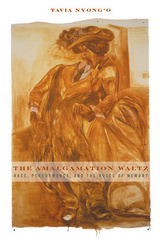From Many Strands: Ethnic and Racial Groups in Contemporary America
Russell Sage Foundation, 1988
eISBN: 978-1-61044-357-9 | Cloth: 978-0-87154-543-5 | Paper: 978-0-87154-527-5
Library of Congress Classification E184.A1L48 1988
Dewey Decimal Classification 305.800973
eISBN: 978-1-61044-357-9 | Cloth: 978-0-87154-543-5 | Paper: 978-0-87154-527-5
Library of Congress Classification E184.A1L48 1988
Dewey Decimal Classification 305.800973
ABOUT THIS BOOK | AUTHOR BIOGRAPHY | TOC
ABOUT THIS BOOK
The 1980 Census introduced a radical change in the measurement of ethnicity by gathering information on ancestry for all respondents, regardless of how long ago their forebears migrated to America, and by allowing respondents of mixed background to list more than one ancestry. The result, presented for the first time in this important study, is a unique and sometimes startling picture of the nation's ethnic makeup. From Many Strands focuses on each of the sixteen principal European ethnic groups, as well as on major non-European groups such as blacks and Hispanics. The authors describe differences and similarities across a range of dimensions, including regional distribution, income, marriage patterns, and education. While some findings lend support to the "melting pot" theory of assimilation (levels of educational attainment have become more comparable and ingroup marriage is declining), other findings suggest the persistence of pluralism (settlement patterns resist change and some current occupational patterns date from the turn of the century). In these contradictions, and in the striking number of respondents who report no ethnic background or report it incorrectly, Lieberson and Waters find evidence of considerable ethnic flux and uncover the growing presence of a new, "unhyphenated American" ethnic strand in the fabric of national life. A Volume in the Russell Sage Foundation Census Series
See other books on: Contemporary America | Demography | Ethnic | Population | Waters, Mary C.
See other titles from Russell Sage Foundation
